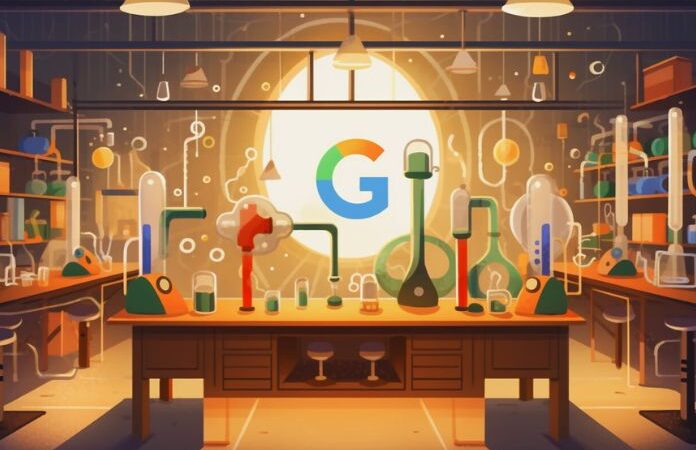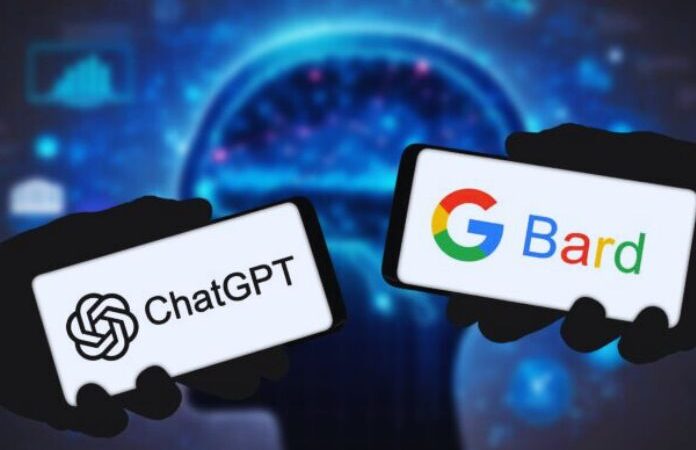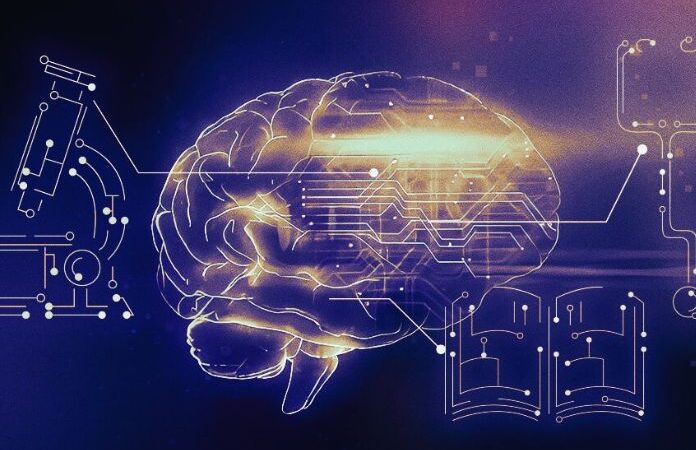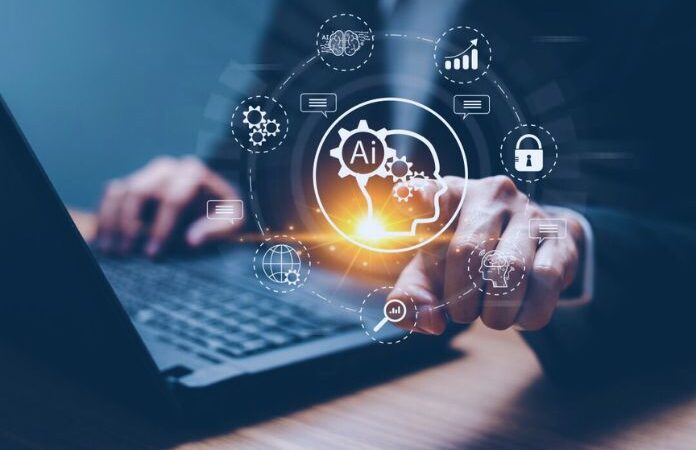Artificial Intelligence Optimization: The Future of SEO?
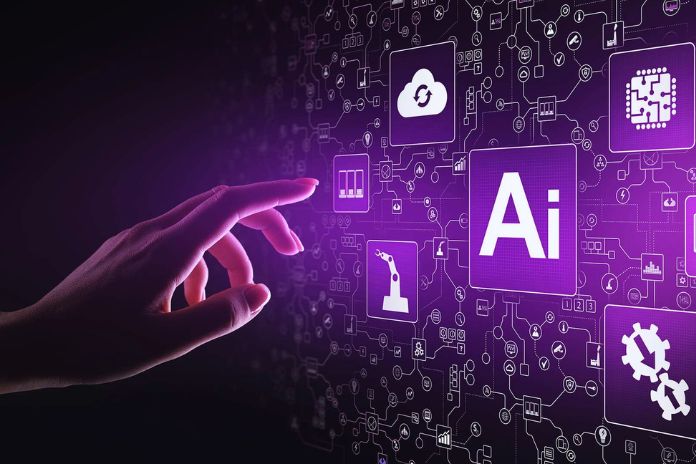
Computer-based intelligence is stirring up the advanced showcasing of biological systems. Specifically, Website design enhancement is seeing the introduction of another discipline: Man-made consciousness Advancement. Everyone is focused on artificial consciousness – with a combination of interest and watchfulness.
However, the step has proactively been taken in unambiguous action areas, like showcasing. This is the situation with regular reference, which is seeing the rise of another discipline: Man-made consciousness Enhancement ( AIO ) – a kind of Website optimization supported by simulated intelligence. Artificial intelligence is making a considerable place for itself in the professional world, significantly impacting processes and business.
The adoption rate of AI-based tools is also experiencing a sharp increase, particularly since the public launch of ChatGPT in November 2022 and the success that we know. Today, 35% of companies use AI in their business ( IBM Global AI Adoption Index 2022 ), thanks to applications that are easier to access and simpler to use for end users.
Half of organizations see benefits mainly due to the automation enabled by this technology: cost reduction, optimization of IT or network performance, improvement of the customer experience, etc. AI is implemented through applications such as virtual assistants. Still, it is also integrated into business processes and directly affects how the activity is carried out.
For all these reasons, even if significant challenges emerge (how to guarantee employee buy-in? How to reassure users and customers?), artificial intelligence is shaking up the business world… and its economy. As such, a PwC study estimates the amount that AI could generate by 2030 at $15 trillion.
Table of Contents
Marketing At The Forefront Of AI Adoption
In some sectors, artificial intelligence is now omnipresent. It has made a giant leap in the field of marketing, where “smart” tools are already exhaustively at work. According to Sprout Social, 81% of marketers see the positive effects of AI on their daily activities. We are already talking about “AI marketing,” a notion that could be defined as follows: the integration of artificial intelligence into critical processes to optimize marketing strategies via the use of innovative functionalities (data collection, data-driven analysis, natural language processing, machine learning, etc.). In this area, use cases are multiplying:
- The creation of optimized digital content using generative AI (of which ChatGPT is a part) to bring more value to target audiences while gaining visibility on the web. Content creation is one of the most time-consuming tasks, and those that benefit the most from being partially automated: 45% of marketers surveyed by HubSpot say they use generative AI.
- Customer service transformation is thanks to intelligent chatbots, which interact more effectively with people at all stages of their purchasing journey.
- The perfecting of programmatic advertising is a form of innovative advertising strategy that leverages consumer behavior (preferences, search and purchase history, etc.) to streamline campaign settings.
- Optimization of e-commerce processes, with AI as an ally to better understand consumers (their needs, their habits) and automate workflows.
- And the development of SEO strategies that better consider the needs of businesses while aligning with the algorithmic developments of search engines.
This last point should particularly interest us because natural referencing is one of the ecosystems most affected by the advent of AI for two reasons. Not only because of the many benefits that intelligent tools bring to existing methods but also because search engines are increasingly integrating AI into their algorithms – forcing professionals to adapt. A new discipline was born from this double trajectory, which could well shake up the future of SEO: Artificial Intelligence Optimization.
AI In Search Engines
The appetite for engines for AI is not new, but it has taken a new turn with the democratization of ChatGPT. While Google and others rely on algorithms responsible for exploring the web, indexing relevant pages, and generating a ranking based on the relevance of content as much as on the authority of domains, the “smart” versions of these same programs are capable of significantly optimizing these processes to produce SERPs (results pages) that are both closer to user expectations, more detailed and personalized.
Google has been fully invested in this transformation since the RankBrain update in 2015 (a program capable of identifying and better understanding search intentions using machine learning), followed by BERT, then MUM. Developments that improve understanding of what Internet users want intend to offer them more relevant and precise results. More recently, following announcements by Microsoft regarding the integration of ChatGPT with Bing, Google has also committed to launching a version of its own AI chatbot (the famous Google Bard ).
At the same time, the engine develops the Search Generative Experience (SGE), which is a continuation of a BingGPT by displaying, in response to a query, a banner whose text is generated by artificial intelligence. Shortly, we can expect an increasingly personalized SERP, with results displayed based on the user’s search history and behavior: an optimized version of what Google already does with Discover.
These developments form a whole innovative field for natural referencing professionals, pushed to take into account algorithms that AI increasingly powers. However, there are other reasons for the emergence of artificial intelligence optimization. Technology is also at the service of SEOs and transforms their working methods.
Artificial Intelligence Optimization: SEO Powered By AI
We immediately consider content creation when discussing injecting artificial intelligence into natural referencing. And for good reason: the use of AI for this purpose has become widely democratized, to the point that search engines have already published guidelines dedicated to content generated by AI, and 58% of marketers plan to use this technology in their SEO approach in 2023 (BrightEdge study cited by Search Engine Land ).
Regarding content generation, AI has already changed the game since it makes it possible to produce blog articles, social posts, and even in-depth content (white papers, ebooks, guides, etc.) that are perfectly optimized for engines of research. However, content is only the tip of the SEO iceberg. Artificial Intelligence Optimization does not just use AI as an ordinary tool; it fully integrates it into all its processes. This, for…
- Identify more relevant keywords that precisely respond to Internet users’ search intentions;
- Practice semantic analysis (AI “understands” the relationships that exist between search terms when algorithms are most often limited to interpreting each term in its context);
- Optimize content for voice search via more efficient natural language processing, but also for visual search (AI is capable of identifying specific objects in images, which allows engines to understand better the intentions of Internet users who launch a search from a visual resource);
- Anticipate trends via predictive analysis: accurately predict future browsing habits (for example, the probability that X or Y queries will be among the most typed by Internet users next summer) to build SEO strategies granular, perfectly aligned with business objectives;
- Produce personalized, not just optimized, content (the AI relies on a user’s search history to make recommendations as to the type of content that would be likely to encourage engagement);
Predict algorithmic developments in search engines and give web admins the keys to adapt their website(s) several months in advance. In short, artificial intelligence optimization should not be considered a different way of doing SEO but a natural evolution of this discipline that integrates AI into all its processes and methods as a “force” that transforms practices. This shift indeed remains very gradual, but it is inevitable. As AI evolves and becomes more mature, it places increasingly significant weight on the habits of natural referencing experts, forcing them to adapt to the game’s new rules.
Read Also: Four Reasons To Use Windows PowerShell In Business


